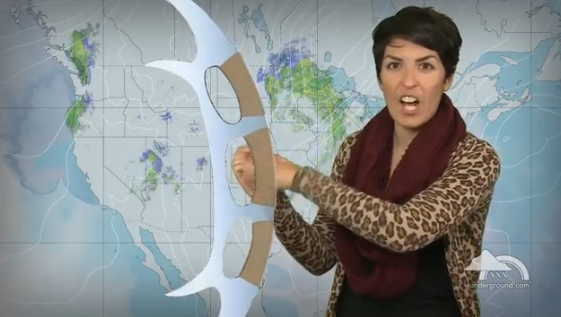This past Saturday I had the honor of being on a panel designed to discuss the anxiety readers of poetry often feel. The day was lovely, and the light streaming through the large windows of the college library warmed the audience and my co-panelists
Courtney Bambrick and
Liz Abrams Morley.
Anne Kaier moderated the session, at one point encouraging the audience to write down their anxieties about reading poetry. Courtney, Liz, and I responded to the anxieties.
I kept returning to the body, to breath, to performance. I described the feeling I get listening to poetry, and my experiences at the 2002 Dodge Poetry festival, where I finally learned that poetry didn't have to be such a polite and heady art--that it had to be felt. And sometimes, we don't "feel" a poem. I admitted that readers of poetry treat poetry too politely, that sometimes it's okay to treat it like music, to change the album, switch stations, or walk out.
The 2002 festival at Duke Farms, almost exactly a year after the attacks
of September 11th, was a charged event; and it was impossible not to
feel it in my body. I heard a tent full of people jeer some lines of Amiri Baraka's "Who Blew Up America?" I watched others leave a tent where the poet was reading boring poetry, and I heard Robert Bly read poems by Tomas Tranströmer (almost ten years before Tranströmer wins his Nobel). Bly reads with an enthusiasm and love. Three lines into his reading of Tranströmer's "Scattered Congregation," he stopped.
Bly asked us if he we could hear how great those opening opening lines were, how beautiful they were; and he told the audience that he was going to read them again because he liked them. Wow. I had never heard a poet do that before. His enthusiasm for the work shook me out of stuffy notions of how poetry should be read and listened to. It reminded me that poetry is to be experienced.
As I told these stories to the Rosemont crowd, I saw some nods in the audience. I continued. I read Billy Collins's poem "Introduction to Poetry" and Mark Strand's "Eating Poetry." I closed by reading part of the opening to Molly Peacock's
How to Read a Poem and Start a Poetry Circle, where she discusses poems for their talismanic properties. She has some poems that she carried with her for years (memorized, yes, but also in paper form). A talisman is not an object that is precious or cherished per se. Its power doesn't come from its being coveted. No, it has deep symbolic power because of the sacrifices made for its construction.
A talisman seems to involve sacrifices of time, energy--perhaps more--and of course intention and devotion. Power is imbued into the object. On Saturday, I felt the power of the poems I read. The audience fell to laughter and silence.
I am now asking myself, "Am I showing sacrifice and devotion?" I have always had intention, but sacrifice? Devotion? Am I constructing an object that could serve as a talisman?
I consider two lines I saw on
Poetry Daily this morning:
...charcoal, the wood already burnt,
a sacrifice.
These lines come from Marianne Boruch's "Pencil" in her book
Cadaver Speak. I love these two lines for what they remind me about art.
Busy days ahead. I need the focus. I need the reminder.
 The 2014 Dodge Poetry Festival reminded me that firmness and certainty are antithetical to truly magical writing--or at least to the type of writing I enjoy. I encountered none of this at Dodge.
The 2014 Dodge Poetry Festival reminded me that firmness and certainty are antithetical to truly magical writing--or at least to the type of writing I enjoy. I encountered none of this at Dodge.












